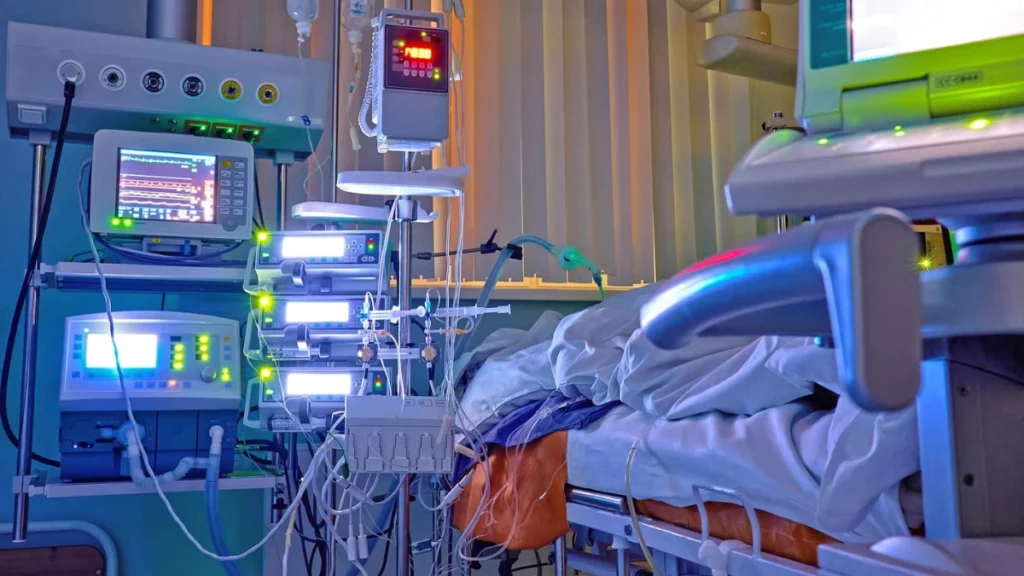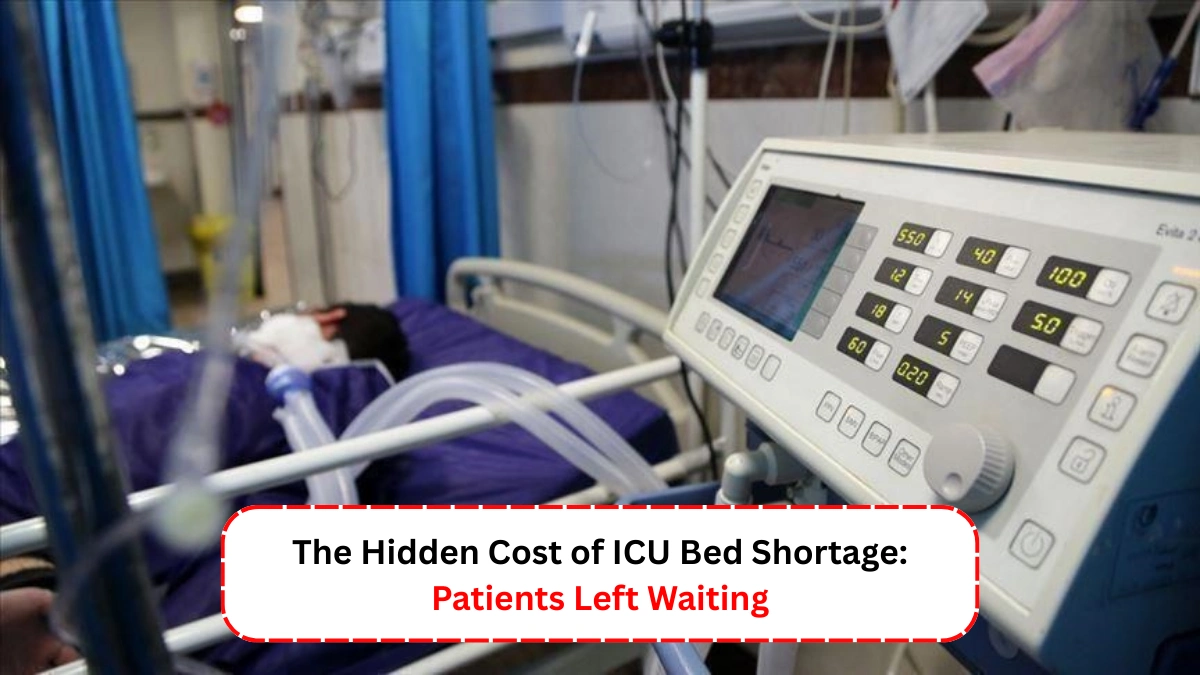South Africa does not have enough ICU beds, especially in public hospitals. Some places have only one ICU bed for every 100,000 people. Even in the best areas, there are only five beds for every 100,000 people.
This warning comes from Professor Fathima Paruk, head of Critical Care Services at the University of Pretoria. During her speech titled “Carpe Diem: Achieving efficient and fair allocation of critical care across South Africa,” she explained why the issue needs urgent attention.
Why ICU Demand Is Increasing Fast
People are living longer now, and that is a good sign. But with longer life comes more health problems. Many patients now have ongoing conditions, and that increases the need for short-term, high-level care.
Modern medicine now helps patients recover at home or through outpatient care. However, this has not reduced the pressure on ICUs. In fact, more people now need quick access to ICU services for serious but short-term conditions.
The problem is worse in public hospitals. In the private sector, hospitals can add ICU beds if needed. But in public facilities, the number of beds is fixed, and once they are full, there is no space for new patients.

Some Provinces Are Worse Off Than Others
Access to care depends on where you live. In cities like Cape Town, patients are more likely to find ICU beds when needed. But in rural areas like Limpopo, things are much harder. There are fewer beds and not enough trained staff, so getting help on time is difficult.
This gap between provinces shows how unfair the healthcare system is. People in small towns or rural areas often wait longer or travel far to get care.
The issue is not just about space. A bed cannot save a life without trained nurses and doctors. According to Professor Paruk, only 25% of ICU nurses across South Africa are fully trained in critical care. This lack of skilled staff makes it harder to treat patients properly.
Covid-19 Changed the System – In Good and Bad Ways
Professor Paruk said Covid-19 had a big impact on ICU services. It caused many problems but also brought changes that might help in the future.
During the crisis, hospitals had to find new ways to operate. At Steve Biko Academic Hospital, Professor Paruk used telemedicine to get support from health experts in Germany. With the help of a robot named Stevie, her team connected with Berlin’s Charité University. This allowed doctors to assist from abroad, even during procedures.
She believes telemedicine could become a long-term solution. It can help manage patients, give expert advice, and reduce pressure on local staff. This could be especially helpful in provinces that lack specialist doctors.
A New ICU Audit Is Now in Progress
To improve planning, Professor Paruk is now part of a team working on a national ICU audit. The last audit was done 15 years ago, and much has changed since then.
During Covid-19, hospitals received donated beds, equipment, and emergency training. But now the question is: how much of that support still exists today?
The new audit will collect fresh data from both public and private hospitals. It will focus on how many beds are in use, how many nurses and doctors are available, and what medical tools are working.
This information will guide South Africa’s National Health Insurance (NHI) plan. It will also support the creation of a real-time dashboard that shows ICU bed availability across the country.
Why This Matters for South Africa’s Future
The shortage of ICU beds is not just a numbers issue. It reflects bigger problems in the healthcare system—including poor planning, uneven access, and lack of trained professionals.
If South Africa wants to provide fair and equal care for all, this must change. The new ICU audit, combined with better use of tools like telemedicine, could help the country make real progress.
Summary Table: South Africa’s ICU Bed Crisis
| Topic | Details |
|---|---|
| ICU bed availability | 1–5 beds per 100,000 people in public hospitals |
| Training levels | Only 25% of ICU nurses trained in critical care |
| Rural vs urban gap | Cape Town has more access than Limpopo or rural areas |
| Covid-19 effect | Boosted beds and tools but impact is fading |
| New action taken | National ICU audit and expansion of telemedicine |
Related News:-
- Why South Africa’s China Visit Could Change Its Trade Future
- Why uMkhonto weSizwe Wants to Shut Down Gauteng This Week
- Bayview Crime Shock: Chatsworth Security Guard Dies a Hero
- Flood Risk in KwaZulu-Natal: SAWS Issues New Weather Warning

Hi, I’m Amandeep Singh, a content writer at Ramnath Intercollage. I share updates on jobs, internships, and scholarships across South Africa using official and trusted sources. My aim is to make every post easy to read and helpful for anyone looking to apply.

